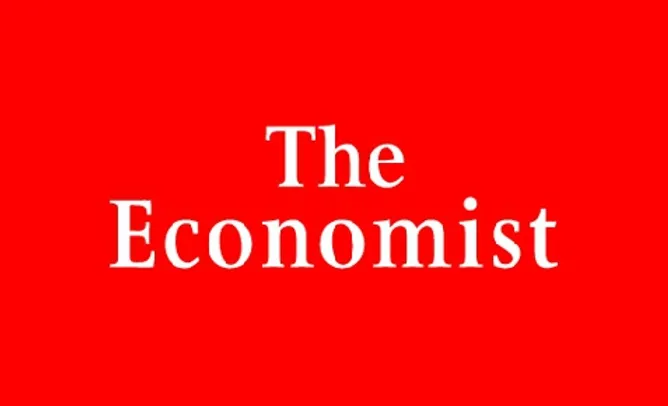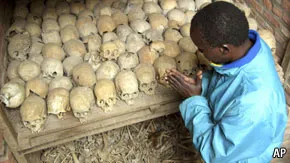
The Economist
When Bradley Walters, an MBA student from Baltimore’s Johns Hopkins University, visited Rwanda, he found a country using its grisly past to inspire an astonishing economic rise
THERE we sat. Five students from four countries, excited to present our operational analysis and nervous to propose tweaks to the system we had spent two weeks auditing. The root cause of our nerves was that, like many things in Rwanda, Polyfam Clinique was already a success.
Three years after the genocide of 1994, Dr Immaculee Mukatete established a private clinic in Kigali that provided both quality care and personable customer service. As Rwanda grew, so Polyfam had grown with it, to include three full-time doctors, two dentists and six part-time physicians. As MBA students, we had been sent to Polyfam to correct the medical-records indexing system, recently transferred from paper to computer. The new system was playing up, and doctors did not have accurate medical records about their patients. Computer glitches also meant the system was becoming overloaded.
I am not the timid kind. But this was different. The night before I couldn’t sleep. Over two weeks we had worked tirelessly to understand the operations at the clinic, and in doing so listened to the stories and ideas of everyone we could. Hearing the hope that Rwandans have for the future of their country, it was impossible not to feel personally involved in the outcome.
This sense of being drawn into Rwanda’s future came in two distinct waves. First, there was the amount of energy the team put into our project. In December, we prepared for our trip by researching Rwanda, the health-care system and various medical-records systems. When we got to Kigali, Rwanda’s capital, we immersed ourselves in the project. Breakfast through dinner we discussed the clinic’s operations and debated strategies for improvement. This was no student jolly; it was a work assignment. We skipped unrelated site visits as we became obsessed with solving the clinic’s problems. As a result of this effort, I felt a responsibility for providing a quality service.

The larger wave, however, came with an understanding of the story of Rwanda. Our first Saturday was spent outside of the capital, as we ventured south to see the rural countryside. The day began at the Nyamata Genocide Memorial, an inauspicious church where 24,000 people were murdered during two days in 1994. Filled with clothes, weapons and bones, the site’s simplicity magnified the event. We boarded the bus in silence. I remember frantically searching for my Ipod in an effort to cope with what I had seen. Never can I recall being so angry, feeling so hopeless, and not knowing where or how to direct it. As puerile as it sounds, at that moment I wanted to go home.
Yet our trip continued and we reached the Millennium Development Village of Mayange. Here, the focus shifted from the misery of what had happened to the power of what is happening. We met with farmers, teachers and students, and saw first hand the progress being made. In Mayange, I walked into a classroom filled with laptops, each with internet access, and saw a blackboard with the previous day’s lesson in excel. I drank local banana beer at a barbeque in a village comprised of victims and perpetrators of the genocide, and watched as their children, united, performed traditional dances. This was not a discounting of the past, but rather a unified commitment to the future. The optimism is contagious; it has helped to inspire an astonishing economic rise. It also made me realise the opportunity we had to make a lasting difference in a country that has overcome so much.
So there we were. The nerves quickly subsided as we presented our findings and discussed recommendations to improve the clinic. Dr Immaculee was quite receptive, and we launched a pilot of the new system during our last week in Kigali. Our project was a success in that we were able to fix the medical-records system as well as make operational improvements that cut the average time patients spent in the clinic by roughly 20%. Now back at Johns Hopkins university in Baltimore, we communicate weekly via Facebook to ensure that the system is still functioning, as we remain committed to assisting the clinic in anyway we can over the long-term.